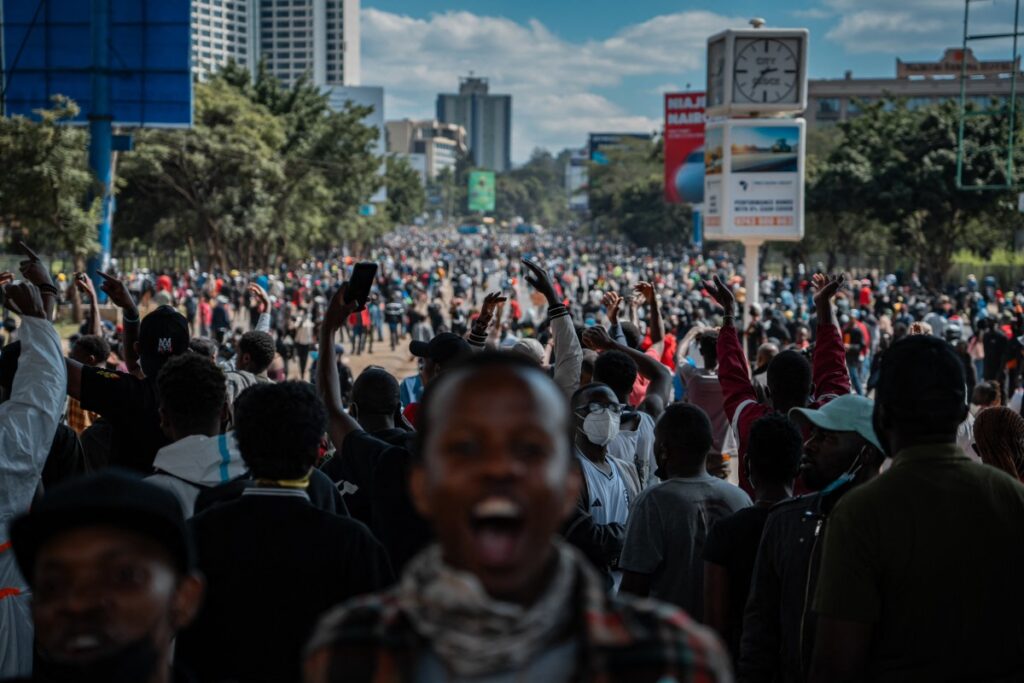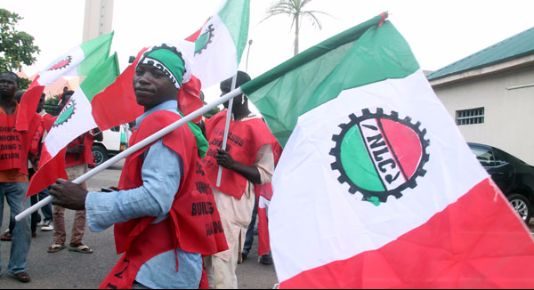
Except he is indifferent to matters that have bearings on him, which is unlikely, former President Goodluck Jonathan must have had a huge sense of vindication or vilification while listening to Bola Tinubu’s presidential inauguration speech on May 29. Yakubu Gowon and him were the only former Nigerian leaders at Eagle Square in Abuja when Tinubu made his first speech on presidential podium.
However Jonathan take Tinubu’s speech, which major takeaway was removal of fuel subsidy, the memories of millions of Nigerians that Monday morning instantly took a drive to January 2012 when the administration of the former president made unsuccessful attempt to end subsidy regime. Tinubu’s unequivocal position on fuel subsidy, which was widely published on January 11, 2012, was made to resurface everywhere there is space for printed material.
It was titled “Removal of fuel subsidy: President Jonathan breaks social contract with the people”. The fine knitting of the pros and cons of the subject matter presented Tinubu as a constructive critic, out to shed light on wrong in order to show the right path. With persuasive logic, millions of people, including the criticised, could be swayed to the argument of the critic. Yet, in pillorying the Jonathan administration, which was the whole essence of the piece, Tinubu’s golden text on fuel subsidy was well peppered with vitriol, punches and venoms of a die-hard critic. Tinubu was one of the biggest morale and material boosters to the “Occupy Nigeria” group that protested in Lagos and other major Nigerian cities in that January.
That article ought to be a precursor of Tinubu’s presidential position on subsidy. Today, it serves as a benchmark for verification of Tinubu of today and Tinubu of yesterday. Except the author of that 2012 piece is not the same person, who smuggled “subsidy is gone” into his May 29 prepared speech, the currency of the article could be retained with a slight editing of changing date and substituting Tinubu’s name for that of Jonathan.
Referring to the PPPRA’s “statement abolishing the fuel subsidy” in 2012, Tinubu had stated that the Jonathan-led “government breached the social contract with the people.” What could Tinubu’s May 29 speech be called? If he is not accused of breaching his “social contract” with the Nigerian people, it implies that he has no “social contract” with the people in that his current position as Nigeria’s president is being heavily challenged in court.
Again, he stated, “By bureaucratic fiat, government made the most fateful economic decision any administration has made since the inception of the Fourth Republic and it has done so with an arrogant wave of the hand as if issuing a minor regulation.” In view of the fact that the Jonathan administration consulted wide ranch of stakeholders, including the Nigerian Governors Forum, and set up committee upon committee before removing fuel subsidy, the true character content of Tinubu, whose first action, even before opening the door of his office, was removal of fuel subsidy, is therefore, not hard for any genuine person to know.
Less than 24 hours after his speech, more than 200 percent increment in price of petrol came to stay – from N195 to between N480 and N570 per litre.
Let us peruse the current situation of the country, which Tinubu predicted as effects of what he termed “the Jonathan tax”, which did not happen then but is happening now and can now be called “the Tinubu tax”: “(the tax) will increase the price of petrol, transportation and most consumer items. With fuel prices increasing twofold or more, transportation costs will roughly double. Prices of food staples will increase between 25-50 percent.” He added: “More children will cry in hunger and more parents will cry at their children’s despair. … The middle class to which our small businessmen belong will find their profit margins squeezed because they will face higher costs and reduced sales volumes.”
While this priviledge page cannot indulged the about 4100-word of Tinubu in 2012, we must not lose touch with the glaring reality that, in juxtaposing Tinubu in 2012 and Tinubu in 2023, only one word suffices his description: hypocrisy. Hypocrisy is falsehood disguised as truth. Because of its deceptive nature, the undisguised evil, which can be easily identified, is better than the evil embedded in hypocrisy.
In the 2012 article Tinubu launched a call that “it is the duty of every citizen to peacefully demonstrate and record their opposition to this draconian measure that is swiftly crippling the economy more than it will ever cure it.” That advice was well heeded. Most of the hearers and doers of the then opposition leader are praising Tinubu today for having courage to do the dreadful even at this time that such economic measure should be more dreaded. Therein lies our national hypocrisy. At the time of writing this piece it was 32 days after Tinubu’s volte face on fuel subsidy. This is the first time in 24 years that a very high increment in fuel is made without a hoot of resistance from the masses.
Since hypocrisy is devilish and ingrained with serpentine alluring appeal, it requires great deal of human sophistication or spirit beyond that of human to evade being entangled in its trap. That is why it is not only the gullible, but the smart ones that also get hoodwinked by the antics of the hypocrites.
The “Occupy Nigeria” was conspicuously occupied by the nobles, the intellectual giants, erudite scholars and economists, rights activists, some SANs, among other highflyers. In fact, a branch of lawyers under the auspices of the Nigerian Bar Association (NBA) adorned their wigs and gowns and walked the streets of Lagos in the name of protestation. Another SAN called Uwemedimo Nwoko told me few days after the first-of-a-kind street walk by Nigerian lawyers that the action was “desecration of the noble profession”.
On that May 29, Tinubu had given his validity to my opinion in The Guardian of March 22, which stated that “indications abound that the former Lagos State governor is better off for the society when he is fighting outside the corridor of power for development of democracy and the people.” I concluded that “As reflected by majority of Nigerian voters that voted against him on February 25, electing Tinubu an Opposition Leader would have been preferable to his being Nigeria’s President.”
On this subsidy matter, if Tinubu can be likened to Biblical Saul-turned-Paul, the possibility of a persecutor of a cause transmuting to executor of the same cause he was formerly fighting against may be better understood. But in the spirit of repentance, now that Tinubu has joined proponents of subsidy, even if he does not change his name again, shouldn’t he go through the road-to-Damascus penance for him to be truly seen as an apostle of fuel subsidy removal?
Unlike the thinking of Reuben Abati, apology from Tinubu to, not just Jonathan, but the Nigerian nation, would be full of benefits. It would be a substance of repentance on the personality of the newest subsidy convert, and it will, therefore, remove the tag of hypocrisy dangling on Tinubu’s face today. Such apology will provide one of the much needed balms for national reconciliation. It will show that former oppositions to fuel subsidy removal were misleading in causing the postponement of the evil day. It could therefore, be a guide to present generation and posterity on the need to be more circumspect by subjecting issues of national development to ratiocination. It will also clean the dubious mark of Nigeria being seen as a nation that lives the life of lies.
At the moment, whether Jonathan feels vilified or vindicated, as long as Tinubu is yet to reconcile his article of January 11, 2012 and his speech of May 29, 2023, the hypocrisy is well documented, and will offer a guide to how history will treat him and other hypocrites, if not on any other national issue, at least, on the fuel subsidy matter.
Ekanem sent this article through nsikak4media@gmail.com













